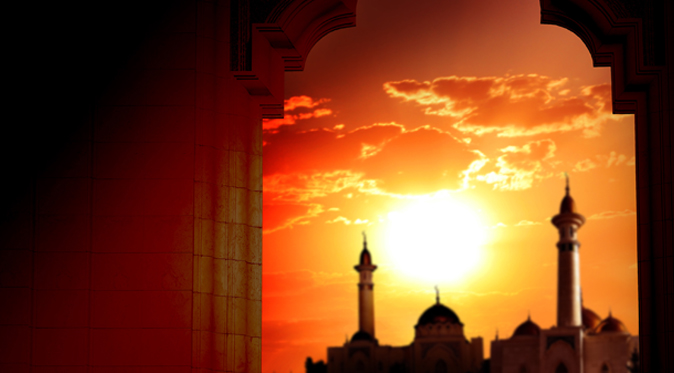
What Is Ramadan A Basic Guide For New Muslims?
Ramadan and its importance
 What is Ramadan, Ramadan is the ninth month of the Islamic calendar. It is the month that symbolizes the revelation of the Holy Quran upon the Prophet Muhammad (SAW). Muslims from all around globe fast from dawn till dusk. Ramadan is believed by many to be the holiest month of the Islamic year.
What is Ramadan, Ramadan is the ninth month of the Islamic calendar. It is the month that symbolizes the revelation of the Holy Quran upon the Prophet Muhammad (SAW). Muslims from all around globe fast from dawn till dusk. Ramadan is believed by many to be the holiest month of the Islamic year.
When is Ramadan?
The start of this month depends upon the sighting of the crescent moon, or hilal. Sighting of the crescent after sunset marks the beginning of the holy month and at the dawn of the next day, Muslims mark their first day of fasting. Ramadan starts 11 days earlier each year and lasts for 29 or 30 days depending on the lunar calendar.
Read More: HOW TO PERFORM SALAH FOR MEN AND WOMEN
Why do Muslims observe fasting?
Fasting is one of the five essential pillars of Islam, therefore, it is obligatory upon all Muslims to omit consumption of any food or drink from dawn till dusk. Fast, or Sawn, means “to refrain”. Fasting not only forbids one from consuming food and drink but also demands one to abstain from sex, smoking, backbiting, and using foul language.
Fasting does not in any way mean giving up on our daily routine. Muslims are encouraged to continue their work as normal because this in turn encourages endurance, patience, and tolerance in a human being. Fasting is both a physical and spiritual ritual as it allows a Muslim to reflect upon himself and recharge spiritually.
Fasting kicks one’s desires to the curb and enables them to understand the pain of those less fortunate and privileged. It also invokes a good sense of community and brotherhood through sharing iftar and offering Tarawih prayers together. Fasting also induces weight loss and contributes to the correction of hormonal imbalances.
Who fasts in Ramadan and who is exempted from it?
Islamic teachings command every healthy Muslim man and woman to fast during Ramadan. Children, illness struck individuals, elderly, pregnant women, lactating mothers, menstruating women, and mentally ill individuals are exempted from fasting on the condition that they have to compensate for the missed fasts after those health issues resolve.
What happens after Ramadan?
Upon the completion of Ramadan, Muslims celebrate Eid-ul-Fitr on the first of Shawwal and on this day, it is forbidden to fast. On the day of Eid, Muslims offer Eid prayers, give charity, and wear new clothes, and visit friends and family.
For bookings and more details, please email at: info@hajjumrahpackages.us
Take a look on our Hajj and Umrah Packages 2019


